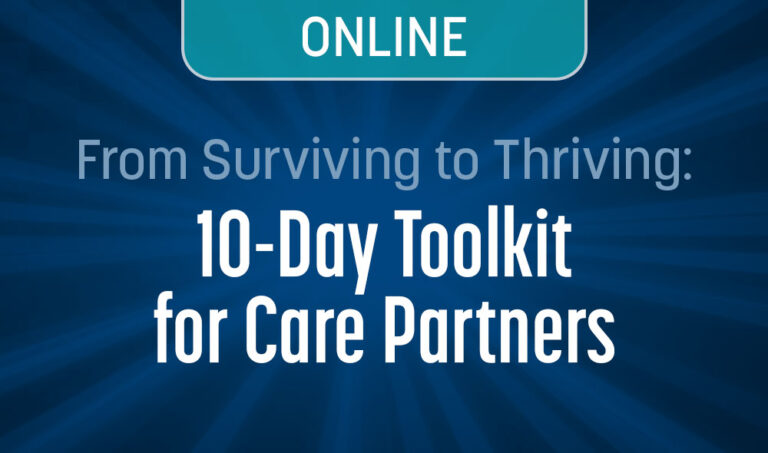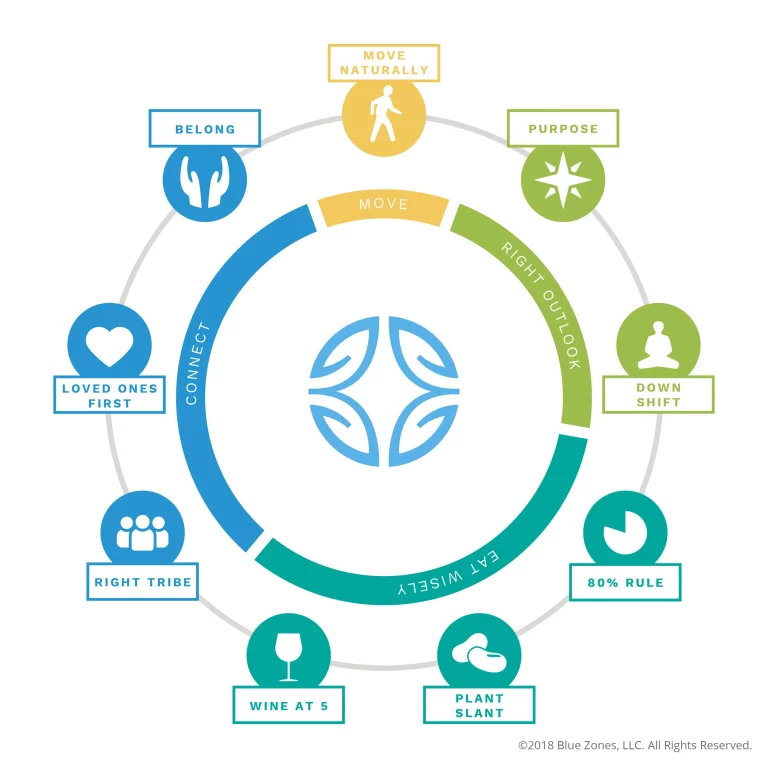How to Support Employees Who are Caring for Their Aging Parents
You may not realize it, but many of your employees are in the Sandwich Generation. The term Sandwich Generation is often used to describe individuals who are raising children and caring for their parents at the same time. Most are also managing a career and juggling a variety of other commitments. Sound familiar? You might be one of them. As an employer, there are many simple ways that you can support your employees who are in this situation so their work/life balance doesn’t suffer.
When your staff are pulled in different directions, what suffers?
- Self-care and hobbies don’t even make it on the TO DO list
- Health is compromised because of stress, poor eating habits, and lack of exercise
- Mental health may decline leading to feelings of depression, guilt and isolation
- It’s difficult to find the time to be a good spouse, parent, and child simultaneously
- Productivity at work declines and attendance can be poor.
About 47% of adults in their 40s and 50s who have a parent 65 or older and are also raising a child or supporting a grown child. In fact, one in seven of these adults are financially assisting both their parents and one or more children.
So, why are so many adult children caring for their parents? One reason is the growing number of people who are living with Alzheimer’s disease and related dementias.
- The number of people living with dementia worldwide is currently estimated at 47 million and is projected to increase to 75 million by 2030.
- The number of cases of dementia are estimated to almost triple by 2050.
- Every 60 seconds a person is diagnosed with dementia
- Only a small percentage of people with dementia are cared for in long term care communities. Most are cared for at home by family.
- Alzheimer’s disease and related dementia have a 3-20 year progression
Employees Caring for an Aging Parent Need Your Support
Your staff who are caring for an aging parent may be concerned about:
- Safety of loved one, such as being able to leave someone home alone unattended or risks associated with driving and getting lost
- Fire, floods, or other accidents in the house
- Financial predators and mismanagement of money
- Daily activities such as housekeeping, grocery shopping/meal preparation, transportation to medical appointments
Identify Community Resources that can Support Your Staff
First, it’s important to reduce any stigma associated with dementia. Don’t make people feel they need to hide the fact that they are helping a loved one. Provide free information sessions in the workplace to educate employees about issues related to caring for a parent.
Host a Dementia Friends Session
Dementia Friends is a global movement that is changing the way people think, act, and talk about dementia. It was developed by the Alzheimer's Society in the United Kingdom and is now spreading throughout the US and other countries. The Dementia Friends is made up of volunteers who provide free one-hour education sessions to anyone interested in learning more about dementia.
Partner with Experts
When you are a caregiver and you are pulled in many
different directions. Having a list of
local resources can save time and frustration.
Pull together a list of names, numbers, and addresses for organizations
and individuals such as:
- Alzheimer’s Association
- Geriatricians
- Elder care lawyers
- Financial Planners and bill payers
- Adult Day programs
- Companions
- Support groups
- Volunteer programs
- Students
- Grocery delivery
- Religious organizations
- Fire and police departments
- Emergency response and tracking devices
- Care Coordinator
- Home modification professionals
Encourage Self Care
When we make time to take breaks and reduce stress, we are more productive in the long run. Consider creating a culture that encourages self-care by
- Allowing for a flexible schedule when needed
- Agreeing to work at home when possible
- Providing a variety of free wellness and nutrition classes
- Creating a meditation space that staff can use on breaks
- Giving discounts to exercise facilities or creating workout space at your organization
- Providing child care benefits
- Providing senior care benefits
A small investment to support your staff will increase productivity and decrease absenteeism. And you don’t need to be an expert on dementia to help. If you partner with the right people and organizations, you can help to reduce the concerns that impact daily work/life balance and ease the burden for those in the Sandwich Generation.



